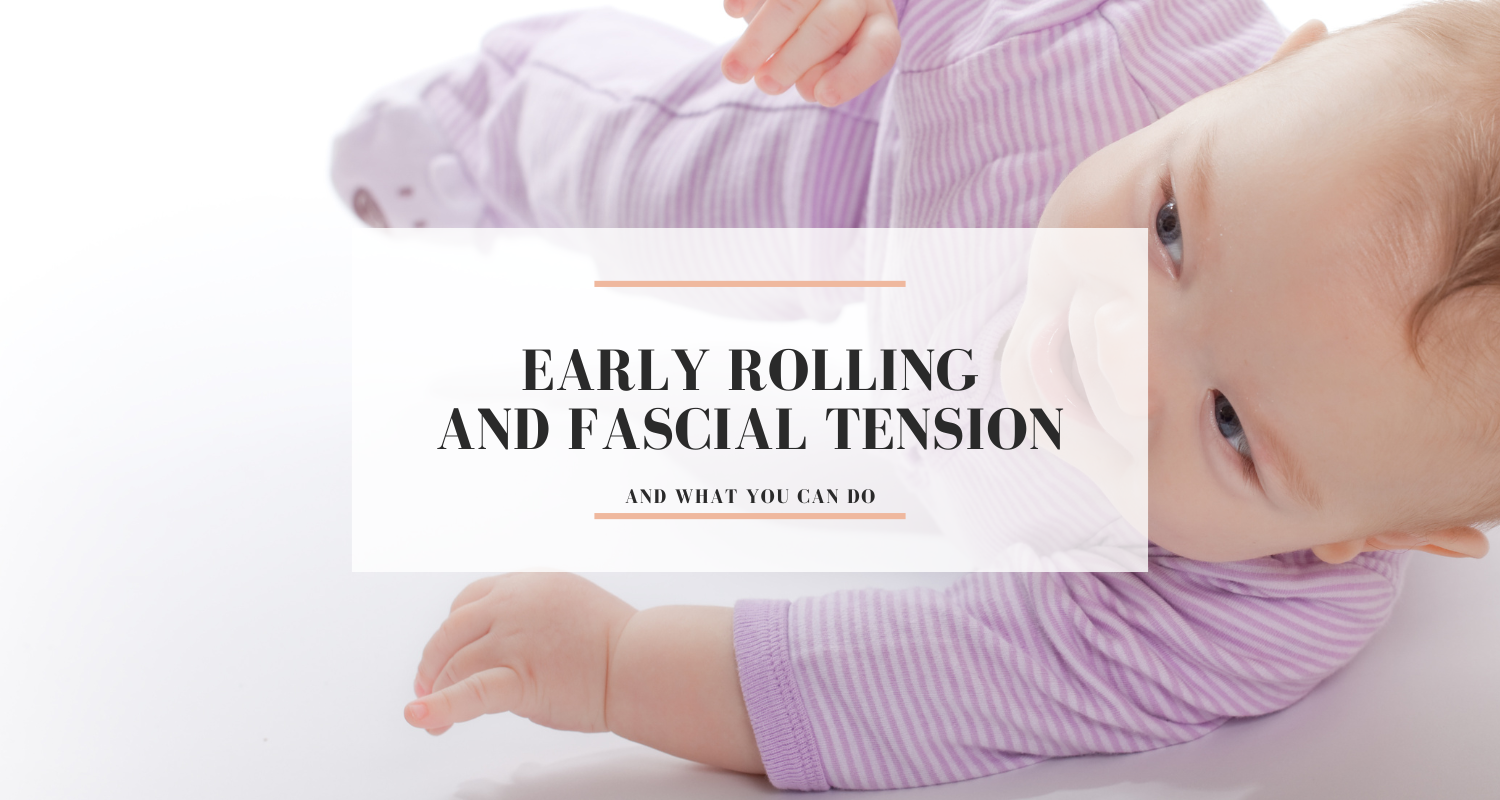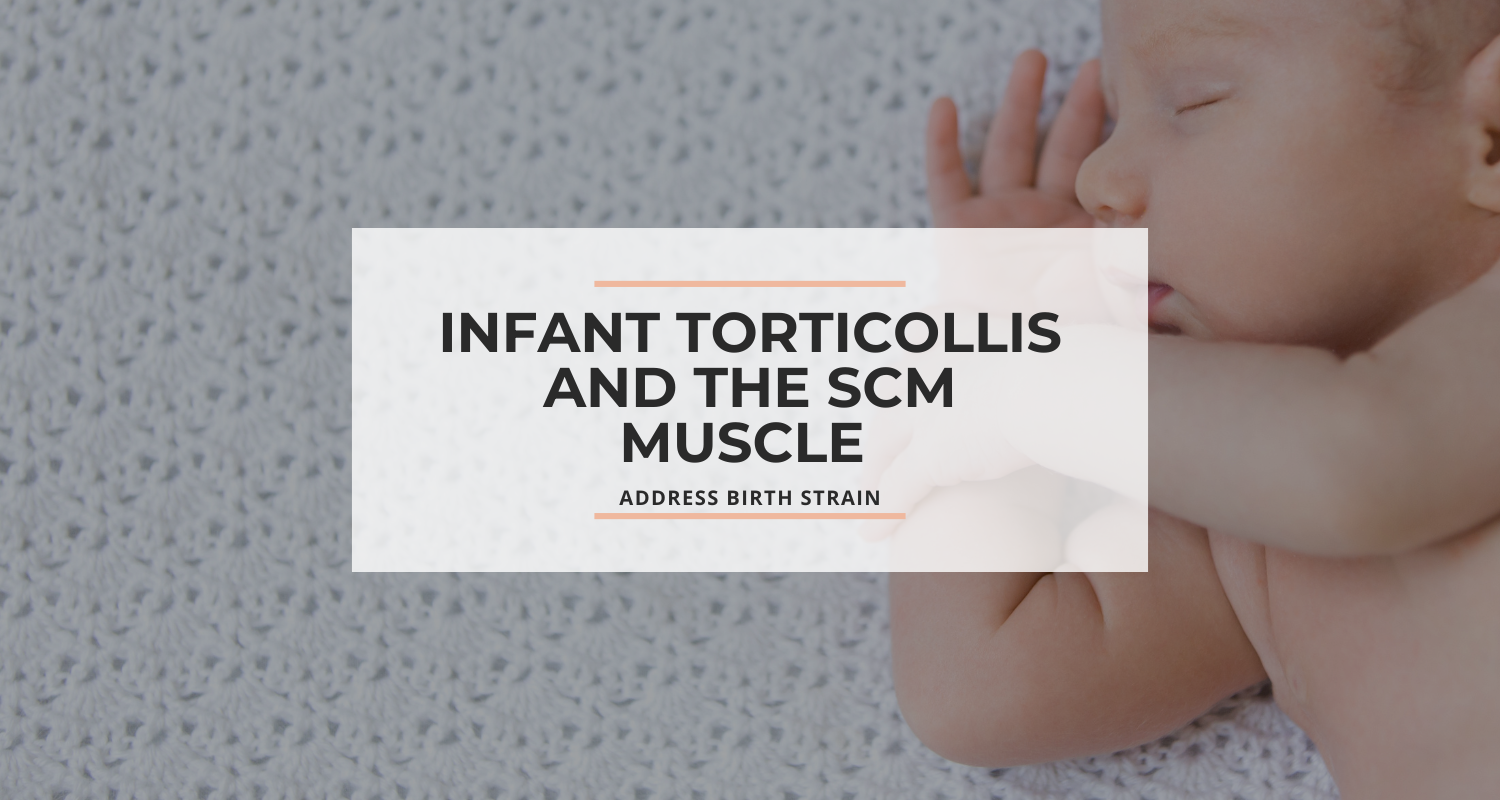
Blog

Shoulder and Arm Strain in Babies: What to Look For and How to Help
When a baby experiences strain in their shoulder or arm, whether from their position in the womb or the birth process, it can affect their comfort, feeding and early movement. Understanding the signs and knowing how to support your baby can help them regain natural, pain free movement.

Top 10 Benefits of Babywearing
If you have a very unsettled newborn, you may feel like you are doing all the right things to calm your baby, but nothing seem to be helping. If your baby is inconsolable, difficult to settle and has feeding and sleeping issues most of the time, it is important to address any underlying issues.

Early Rolling And Fascial Tension
Is your baby rolling early? Did you know that your baby’s milestones can be influenced by increased fascial tension, infant reflux and oral restrictions?
Babies typically begin rolling over from back to tummy and tummy to back between 4-6 months. However, early rolling (before 4 months) can sometimes be a sign of increased fascial tension.

Torticollis and the Sternocleidomastoid muscle
Does your baby tilt their head to one side?
If your baby has been diagnosed with congenital torticollis, you may have noticed them tilting their head to one side or preferring to rotate their head in one direction. This restriction may affect their ability to latch and feed, so it is crucial to treat torticollis early.

What you need to know about infant torticollis
Does your baby lie with their head positioned to one side or is unable to feed from both sides equally?
The word torticollis is derived from the Latin, "tortus" meaning twisted and "collum" meaning neck. Torticollis is usually related to tightened muscles on one side of the neck.

Understanding jaw strain in infants: A guide for parents
One of the many things I consider when assessing an unsettled newborn is the possibility of jaw strain. Your baby may have experienced birth strain from the forceful pressures during the birth process, or even the position they were confined to in the womb. Another cause could be irritation or impingement of the nerve supply to their temporomandibular joint (TMJ). Yes, that's the joint that helps them open up wide to feed.

Plagiocephaly
When a baby is born with an asymmetrical head it is called plagiocephaly, from the Greek “plagios” meaning oblique and “kephale” meaning head. A true plagiocephalic head will resemble a parallelogram when viewed from above.